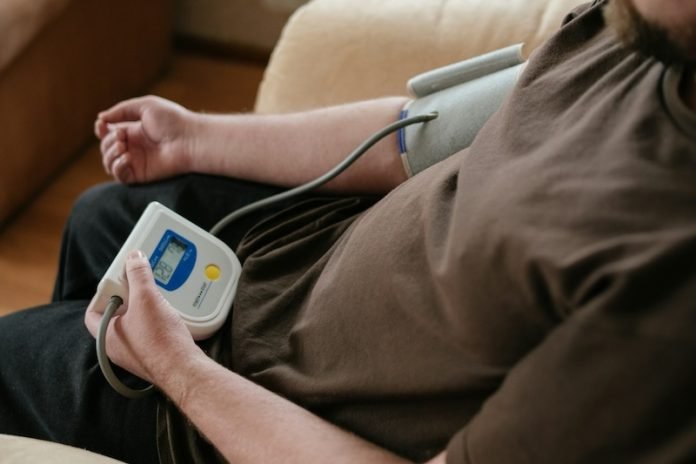
Blood pressure is the measure of the force of blood pushing against the walls of your arteries. It naturally goes up and down throughout the day, influenced by activities, stress, diet, and even sleep.
However, when blood pressure fluctuates widely and frequently, it can be a cause for concern and may require strategies to manage and understand what is normal for you and what isn’t.
Fluctuating blood pressure can be tricky because it might mask as normal in some readings and spike in others. This inconsistency can make diagnosis and treatment more complicated.
Understanding and managing these fluctuations is crucial because if left unchecked, they can lead to more serious health problems, including heart disease and stroke.
One of the first strategies in managing fluctuating blood pressure is regular monitoring. Keeping track of your blood pressure readings can help identify patterns or triggers that cause fluctuations.
It’s recommended to measure blood pressure at the same time each day using a reliable and calibrated home blood pressure monitor. Consistent daily monitoring over time provides a clearer picture of what’s happening with your blood pressure throughout a typical day or week.
Diet plays a significant role in blood pressure management. Research highlights the importance of reducing salt intake as salt can cause significant blood pressure spikes in salt-sensitive individuals.
Incorporating more fruits, vegetables, and whole grains, which are rich in potassium, can help counteract the effects of sodium and help regulate blood pressure levels.
The DASH diet, specifically designed to help manage blood pressure, emphasizes these foods and has been shown to lower blood pressure effectively.
Another critical area is managing stress. Emotional stress and anxiety can temporarily increase blood pressure. Techniques such as deep breathing exercises, meditation, and regular physical activity can reduce stress and help keep blood pressure more stable.
Regular exercise, in particular, strengthens the heart, and a stronger heart can pump more blood with less effort, thus lowering the force on your arteries.
For those whose blood pressure may not stabilize through lifestyle changes alone, medication may be necessary. Antihypertensive medications can help manage blood pressure more consistently.
However, because blood pressure fluctuates, it’s important to work closely with a healthcare provider to adjust medication types and dosages that best suit the individual patterns of your blood pressure.
Sleep also has a profound effect on blood pressure. Poor sleep can lead to higher blood pressure during the day. Conditions like sleep apnea, where breathing stops intermittently during sleep, can cause significant fluctuations in blood pressure.
Managing sleep conditions is vital in controlling blood pressure. Ensuring a regular sleep schedule and good sleep hygiene can improve overall blood pressure control.
Hydration is another factor often overlooked. Dehydration can lead to a drop in blood pressure, while excessive fluid intake might increase it in some people. Maintaining proper hydration is thus essential for keeping blood pressure levels stable.
Finally, monitoring alcohol intake and avoiding tobacco products are important strategies. Alcohol can raise blood pressure and interfere with the effectiveness of blood pressure medications.
Smoking and tobacco use cause an immediate temporary increase in blood pressure and over time can damage blood vessel walls, which can lead to further fluctuations in blood pressure.
To sum up, managing fluctuating blood pressure involves a combination of lifestyle changes, regular monitoring, and possibly medication under professional guidance.
By understanding the factors that affect blood pressure and implementing consistent daily measures, individuals can achieve more stable blood pressure readings, reducing the risk of complications and leading to a healthier life.
If you care about high blood pressure, please read studies about unhealthy habits that may increase high blood pressure risk, and drinking green tea could help lower blood pressure.
For more information about high blood pressure, please see recent studies about what to eat or to avoid for high blood pressure, and 12 foods that lower blood pressure.
Copyright © 2024 Knowridge Science Report. All rights reserved.



